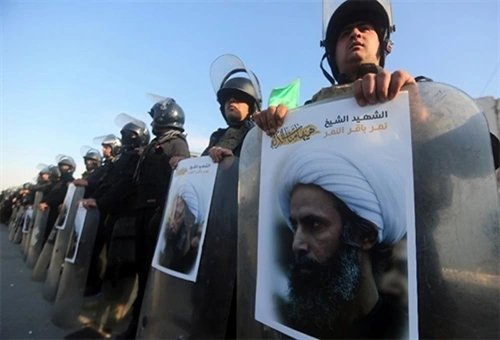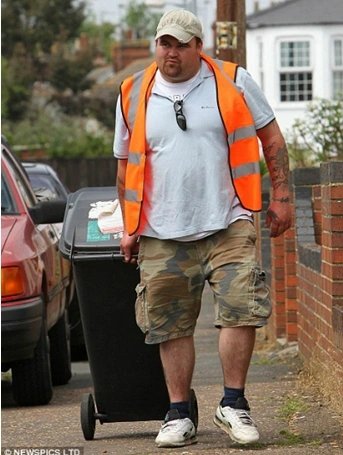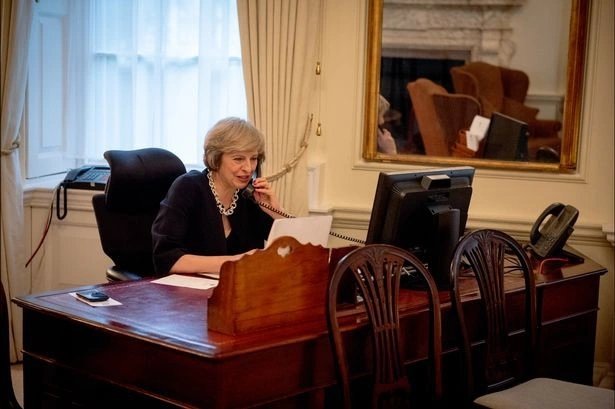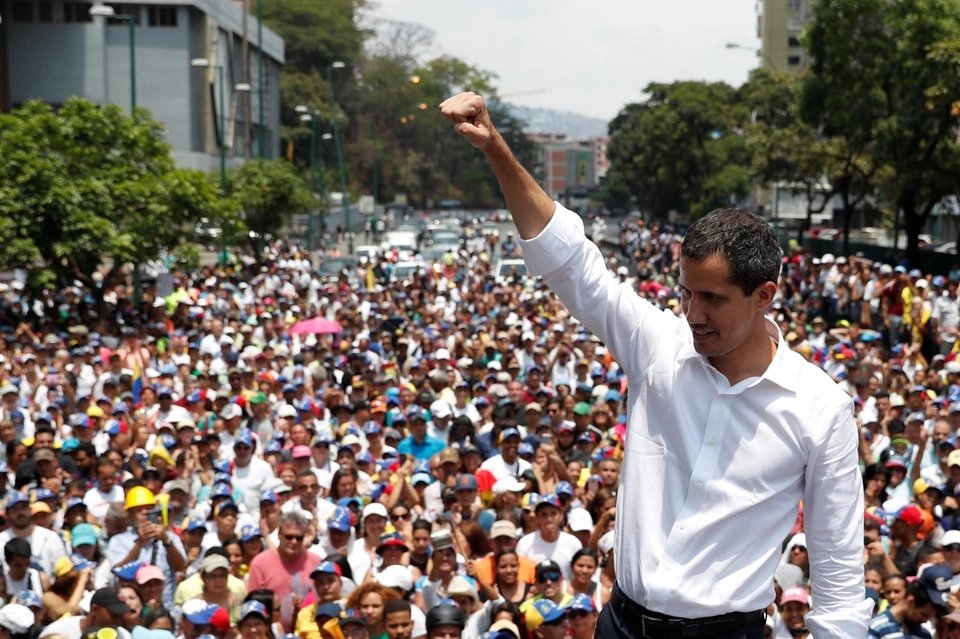
A prostitute looks out the window at a man passing by in De Waleen, Amsterdam.
Every month, thousands of people come to De Waleen, the red light district in Amsterdam, Netherlands, known as Europe’s sex paradise.
This is where Toos Heemskerk-Schep began his career as a social worker, and was first exposed to human trafficking.
Since Amsterdam legalized prostitution in 2000, the city has balanced the spirit of liberalism by allowing public prostitution, providing a legal framework for sex workers to operate and curbing crime.
Urban gentrification has had a good impact.
`When I started my career here in 1995, the place was full of prostitutes,` Heemskerk-Schep said.
Past
She pointed to a block of streets near the Old Church and said:
`That place was full of Nigerian girls, from Edo state, in the south of the country. They were forced to pay $40,000 in debt to traffickers. After the Iron Curtain opened, Eastern European women migrating to the Netherlands skyrocketed.
Heemskerk-Schep continued pointing to a neighboring street.
`The street behind me used to be where Hungarian prostitutes worked. They approached me, sharing with me their stories of being trafficked or abused. When they were rescued by the police and taken to a safe house, I wondered,
Heemskerk-Schep was frustrated and wanted to help prostitutes more than her role as a social worker.
After 4 years of planning, Dignita restaurant opened in 2015 with the motto: `Cook well, eat well.`

Heemskerk-Schep introduces Dignita restaurant.
The restaurant built up a loyal customer base, providing a steady income to help the prostitutes.
Graduates not only receive a certificate, but also interact with normal society in a safe environment, helping victims overcome past trauma, Heemskerk-Schep said.
`Just vocational training is not enough,` she said.
Hana is one of the successful students.
When she first arrived in the Netherlands, Hana had to work as a maid and was often abused.
`When I moved to the government safe house, things were very difficult,` Hana recalls.
`At that time, I was asked if I wanted to learn the trade. I didn’t know what Not for sale taught, but I still decided to come and see.`
`After checking it out, I felt so happy that I kept coming back. I’m always happy every time I cook. I felt like a flower without water, but when I started the training course, I felt like myself again.`
The training gave Hana confidence and now, she dreams of becoming a chef.
Stand up
One of the first dishes students are taught is making soup.
`The soup or whatever we are doing is to create an opportunity to interact with them, create close relationships to learn about their situation,` Heemskerk-Schep said.
`Now I know there are three girls behind those dimly lit doors who were abused and forced into prostitution. Even though we have a legal system, it doesn’t mean the criminals have stopped.`
`There are still many girls who are abused, and we want to help and speak up for them.`

Students who are victims of human trafficking learn to cook in restaurants.
Heemskerk-Schep wants to expand Dignita’s model beyond Amsterdam to help more people like Hana.
`If someone puts out their hand and says ‘come with me and stand up’, you should listen,` Hana said.








